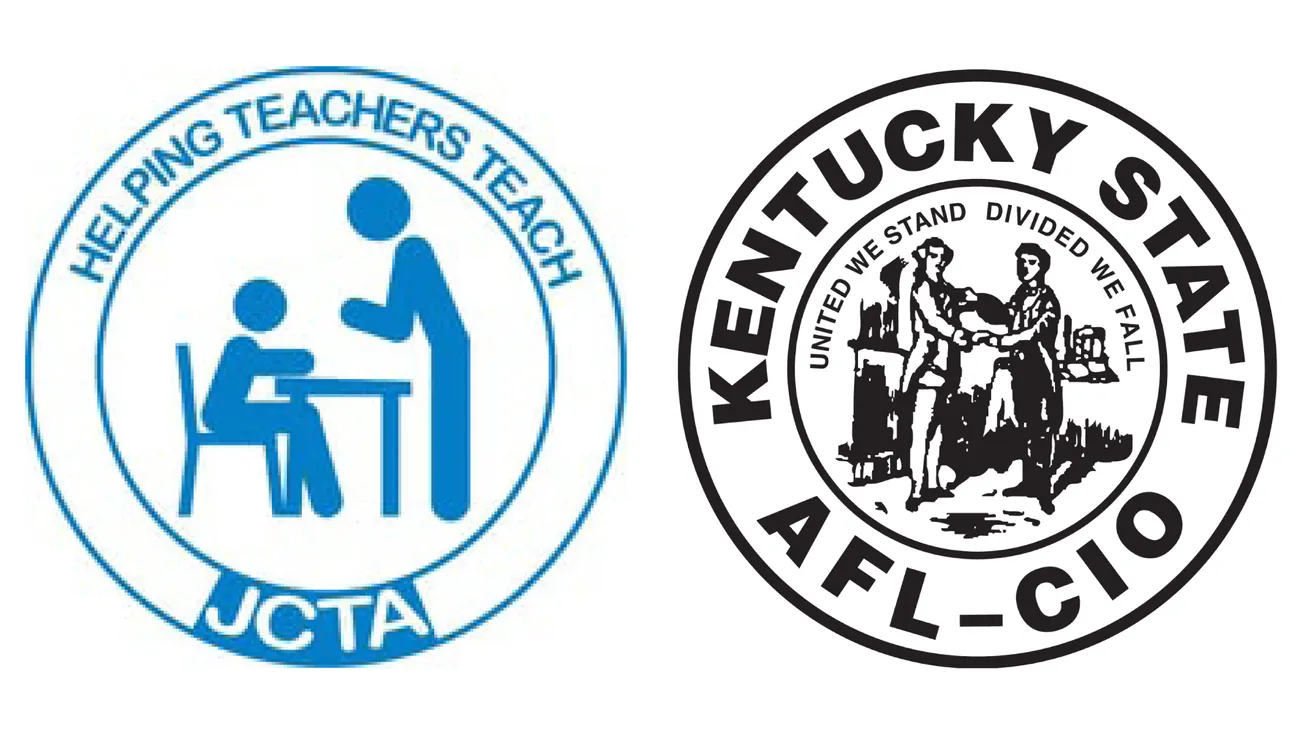In December 2015, Enrique Iglesias performed for one hour at a McAllen, Texas holiday event sponsored by the city.
Who cares, right?
The answer is: Those who believe public officials are accountable, through their records, for the expenditure of public funds.
::
For just over four years, the city of McAllen denied the public any access to its contract with Iglesias, under a Texas court opinion interpreting the state’s open records law.
That opinion, the Caller Times observed in 2018, “opened up a loophole that pretty much allows businesses to declare almost anything to be a trade secret, even how much a city pays an entertainer for singing at a city celebration.” Attempts to legislatively close the loophole were unsuccessful until 2019.
An impassioned speech by Rep. Terry Canales on the Texas House Floor in May 2017 exposed those “who dwell in the corner of corporate greed” and undermined legislative efforts to restore transparency. You can see his speech on YouTube.
“The terms of Iglesias’ agreement with the South Texas city,” the Texas Tribune reported on January 7, 2020, “long hidden from public scrutiny by the state’s narrowed open-records laws, had become a chief symbol of the public’s limited access to government contracts with private entities. And the documents’ release by the city is the result of a years-long, hard-fought battle at the Texas Capitol, where open-government advocates sought to restore public access that had been curtailed by court rulings.”
Why the lengthy battle to withhold the contract between the city and Iglesias? The Texas Tribune’s article, at long last, provided the inconvenient and embarrassing answers about the concert, whose public promoters took a “bit of a bath”:
“The contract reveals that for a one-hour performance in the McAllen Veterans Memorial Stadium on Dec. 5, 2015, Iglesias was guaranteed $485,000 from the city, with half that money to be paid in advance. The city was also responsible for picking up the pop star in western Mexico and paying for 24 hotel rooms for two nights. The contract, which is dozens of pages long, includes sections on stage setup, ‘lasers’ and catering expectations for the crew. (A juicer with a ‘huge, plentiful selection of fruits and vegetables’ including beets, kale, watermelon and mint was expected to be ‘VERY POPULAR’).
“The long-concealed document also sheds light on Iglesias’ preferred pre-show menu (one plate of chicken with vegetables and mashed potatoes, one plate of steak with vegetables and mashed potatoes, ‘simply cooked, no sauces’) and his post-show preferences (one California roll, one spicy tuna roll, one shrimp roll, and two pieces of sashimi; tuna, yellowtail and salmon were all acceptable). By 3 p.m., his dressing room was to contain, among other things, 36 500-milliliter bottles of room-temperature spring water (‘Fiji only’), one bottle of aloe juice without pulp, one bottle of aloe juice with pulp (‘Ask for clarification if necessary’), six bottles of room-temperature orange Gatorade, one bottle of Ketel One Vodka (‘NO SUBSTITUTES’) and two washed king-sized white sheets (‘THIS IS EXTREMELY IMPORTANT’).”
And why — aside from irresistible details about spicy tuna rolls, room temperature spring water, and washed king-sized white sheets — do we as Kentuckians care?
It is because in 2019 Kentucky lawmakers attempted to erect expanded barriers to the public’s right to know about:
- “Trade secrets, including but not limited to financial information, information regarding the identity or investment interest of shareholders, and present or future business plans.”
- “Information declared confidential by the Kentucky Economic Development Finance Authority pursuant to an administrative regulation”
- “Records that pertain to proposed economic development incentives not adopted in final action through acceptance by the grantee and approval by the relevant public agency.”
Until the 2019 amendment of Texas’s public records law, Texas’s public officials apparently construed “trade secret” to include a private contractor’s preferred flavor of Gatorade and brand of vodka.
We exaggerate here for the purpose of demonstrating what Kentucky stands to lose under new exceptions erected in the name of economic development or private proprietary interests.
And what is once lost by the creation of new exceptions to our law may be difficult or impossible to regain.
Again, we repeat, Kentucky’s open records law establishes adequate protection for “records confidentially disclosed to a public agency, or required by an agency to be disclosed to it, generally recognized as confidential which if openly disclosed would permit an unfair commercial advantage to competitors of the entity that disclosed the records.”
The existing requirement of a showing that “disclosure would permit an unfair commercial advantage to competitors of the entity that disclosed the records” ensures that both the public’s open records interest and the private entity’s proprietary interests are protected.
I, for one, don’t want to “allow businesses to declare almost anything a trade secret” in doing business with public agencies.
As a dissenter in the recent US Supreme Court opinion, Food Marketing Institute v Argus Leader, observed:
“Given the temptation, common across the private and public sectors, to regard as secret all information that need not be disclosed, I fear the majority’s reading will deprive the public of information for reasons no better than convenience, skittishness, or bureaucratic inertia.”
If we want our public officials to be transparent about how they spend our tax dollars, we must preserve existing rights and duties under the Kentucky open records laws.
–30–







